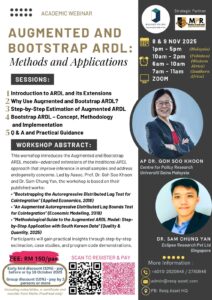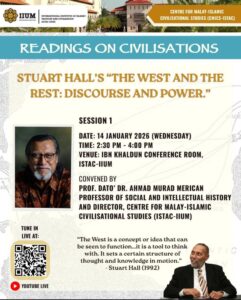Improving the English Teaching & Learning Process and English Writing Skills of Grade Eight Students at Junior High School in Yogyakarta through Coggle Mind Mapping in the Academic Year 2024/2025

Author (s) : Hanin Gelbi Alhadi; Nur Hidayanto Pancoro Setyo Putro
Institution : Master of English Language Education Study Program, Faculty of Language, Arts, and Cultures, Yogyakarta State
University, Indonesia
Category : Article, IJMMU
Topics : English Teaching and Learning Process; Writing Skills; Coggle Mind Mapping
Abstract : This classroom action research aims to improve second grade students’ English teaching and learning process and writing skills at Junior High School in Yogyakarta by utilizing Coggle mind mapping. The study involved an English teacher as the researcher and another English teacher as a collaborator. The subjects were eighth grade students of the Junior High School in Yogyakarta in their first semester. Conducted over one month in two cycles, data collection methods included observations, interviews, and students’ writing tasks. This classroom action research followed Kemmis and McTaggart’s (1998) action research model, as adapted by Burns (2010), which consists of four steps: reconnaissance, planning, action, observation, and reflection. Qualitative data were gathered from observations and interviews and analyzed using Miles et al.’s (2014) technique. Quantitative data were obtained from students’ writing performance, measured through pre-tests, progress tests, and post-tests. The final analysis compared pre-test scores with progress-test and post-test results to assess improvement. Data triangulation, combining observations, interviews, and tests, was used to confirm students’ writing skills enhancement. Based on the research results, using Coggle mind mapping in this study was believed to enhance the English teaching and learning process, improving students’ writing skills, particularly in terms of organization and content. Moreover, students’ engagement in the learning process also increased. They enjoyed the teaching-learning process, felt motivated, and were more confident about participating in the writing task. The improvement was also supported by the students’ writing scores, which increased by 17.88 points, from 53.11 in the pre-test to 70.99 in the post-test
Article can be downloaded here >>https://ijmmu.com/index.php/ijmmu/article/view/6962/5543








